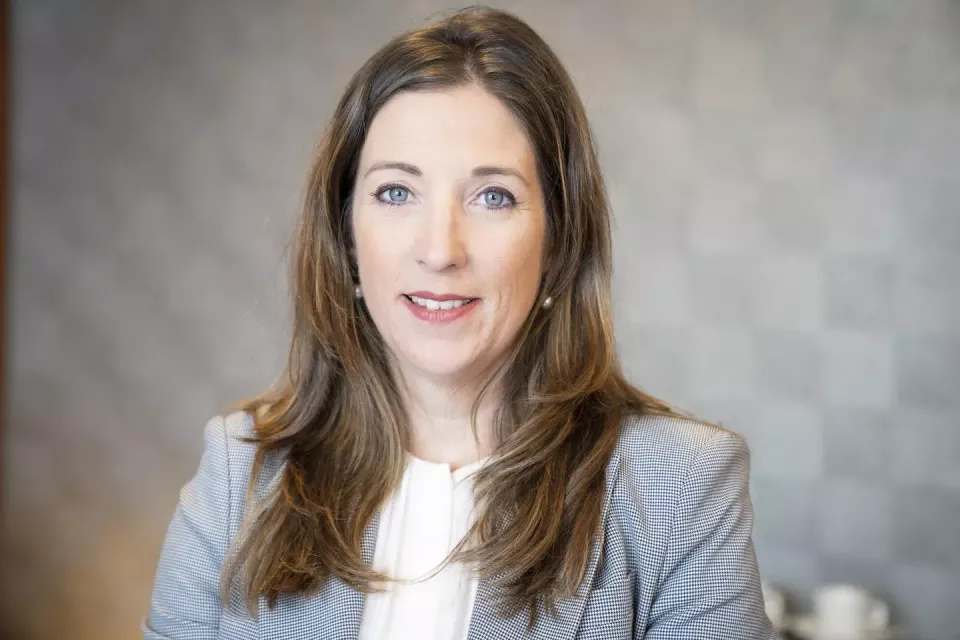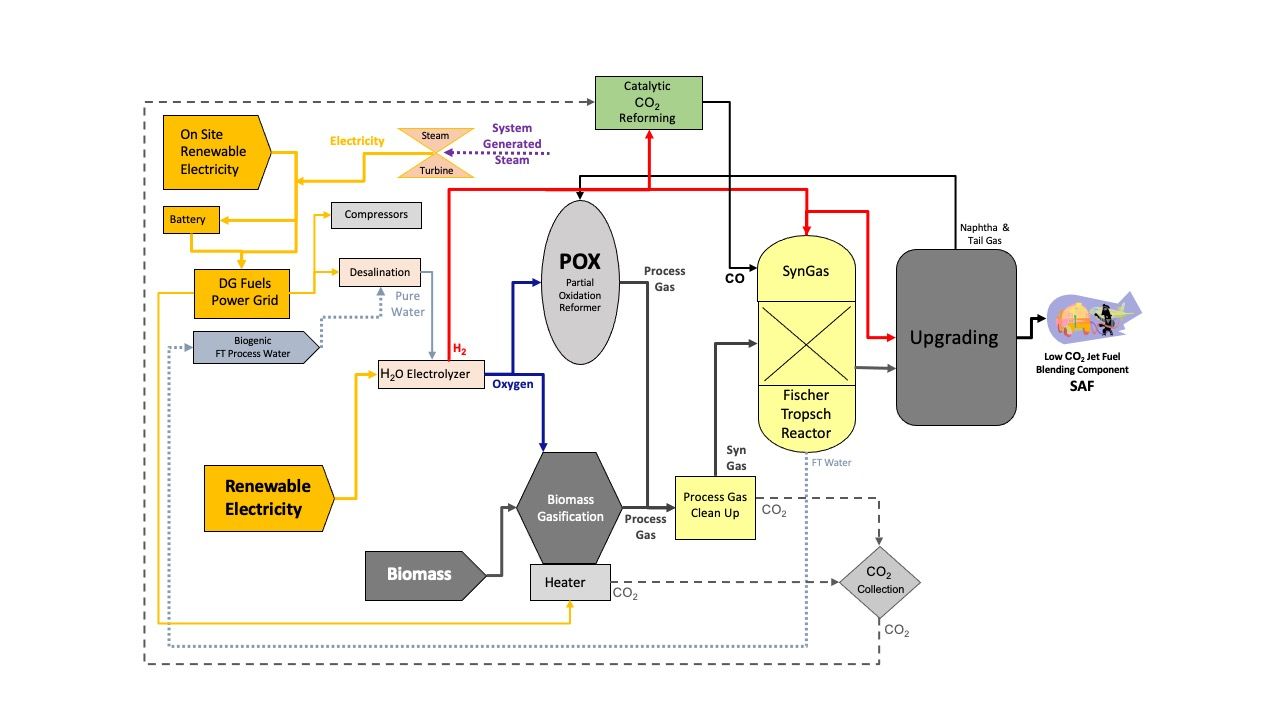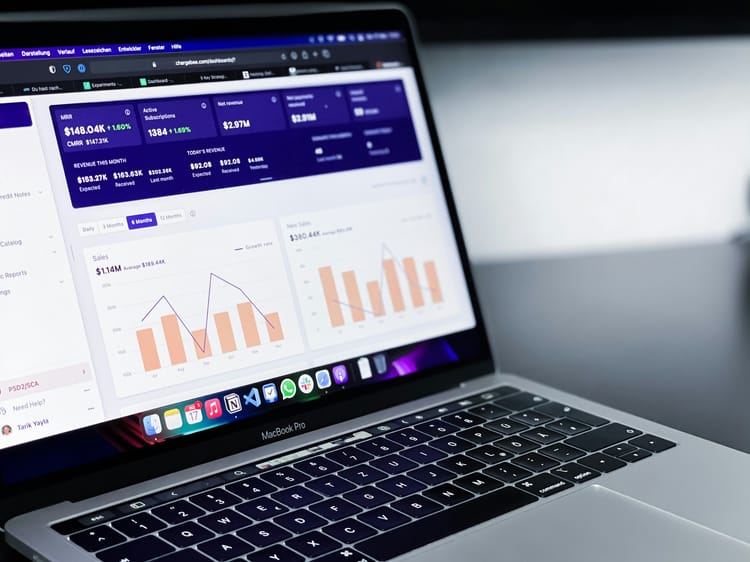Airbus appoints its first Chief Sustainability Officer

Airbus has appointed its first Chief Sustainability Officer as part of a sweeping organisation restructuring at the world’s biggest plane maker this week.
Julie Kitcher, since 2019 EVP Communications, Corporate Affairs & Sustainability, is now Airbus Chief Sustainability Officer. She keeps a communications mandate.
She will sit on a 15-strong Airbus leadership team led by CEO Guillaume Faury.
Airbus has bounced back commercially after the pandemic, which hit aviation hard. It now has an order backlog of a record 7,967 commercial aircraft.
Airbus revenues in the first half of 2023 grew 11% to €27.7 billion ($29 billion).
Airbus Chief Sustainability Officer has challenges ahead
Airbus claims it wants to “lead the development of sustainable aviation” and has partnered with companies like DG Fuels, which creates aviation fuel from cellulosic waste products, such as wood waste from the logging industry.
Airbus says that all of its commercial aircraft, helicopters and military aircraft are capable of flying with an up to 50% blend of sustainable aviation fuels (SAF) mixed with kerosene and will be capable of operating with 100% SAF by 2030.

It is also exploring hybrid electric planes but suggests that these will not be meaningfully possible without the emergence of solid state batteries.
In November 2022 Airbus signed an R&D agreement with fellow French multinational Renault Group aimed at “enhancing transversalities and synergies” (finding opportunities to collaborate) with a focus on “energy management optimisation and battery weight improvement, and… pathways to move from current cell chemistries (advanced lithium-ion) to all solid-state designs.”
Alongside leaders at Rolls-Royce, rival Boeing and others, Airbus' Chief Technology Officer emphasised in a joint 2019 open letter that SAFs will be a key aim, saying: "Aviation will continue to rely on liquid fuels as the fundamental energy source for larger and longer-range aircraft for the foreseeable future. Even under the most optimistic forecasts for electric-powered flight, regional and single-aisle commercial airplanes will remain operating in the global fleet with jet fuel for decades to come..."
Airbus’ sustainability reporting and goals
Airbus committed to defining science-based targets for the entire set of its emissions in 2022. It submitted near-term targets to the Science Based Targets initiative (SBTi) that were validated by the SBTi in early 2023. It is targeting a reduction of its Scope 1 and Scope 2 industrial emissions by up to 63% by 2030.
Airbus also cites plans to reduce energy consumption by 20% and reduce Scope 1 and Scope 2 net greenhouse gas emissions by 63% by 2030; a target it says was set under SBTi methodology in line with a 1.5°C pathway. It is also targeting plans to divert 100% of the waste from landfill and to keep water withdrawal flat.
For Scope 1 and 2 it says it is targeting 90% direct supply of renewable or “low-carbon” electricity for all Airbus sites in Europe before 2030 whilst replacing lighting, heating and steam systems with biomass and geothermal solutions.
As with too many organisations, it is harder than it should be to find up-to-date emissions data rather than targets and mission statements on its website.
CSO Futures found a “repository of past sustainability reporting” that breaks emissions reporting up across Airbus’s three business segments rather than as a unified group, furnishes data in PDF format that is described as a “carbon reduction plan” rather than describing it as emissions reporting – and which has 2021 as the most recent reporting date. (We may have missed a memo but so will many others, judging by our user journey, so there is some work to do on accessibility.)







Member discussion